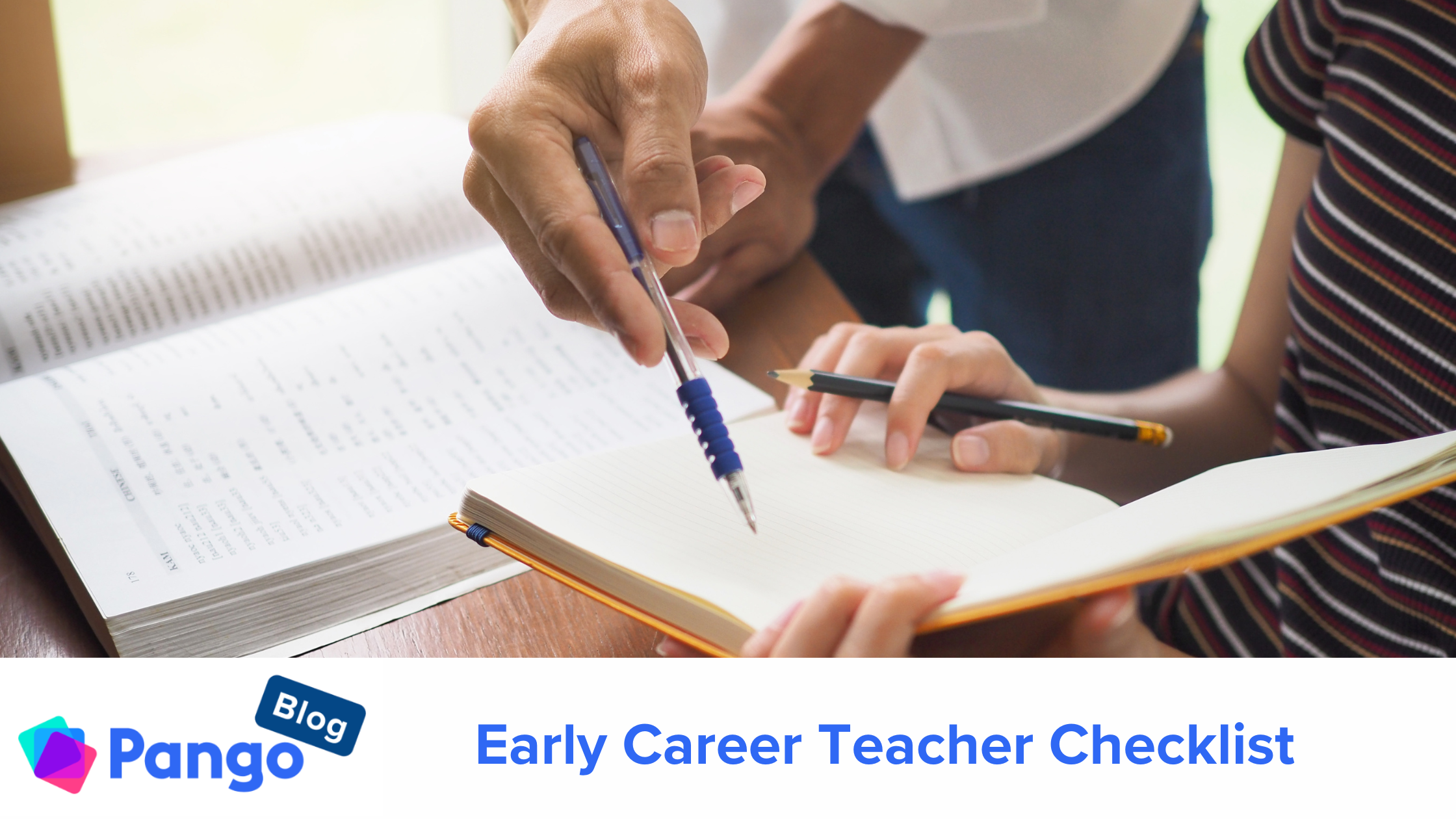Celebrating the Unsung Heroes: National Teaching Assistant Day
National Teaching Assistant Day is a special occasion to honour and celebrate the incredible work of teaching assistants (TAs) and other support staff who play a pivotal role in the educational journey of pupils. These dedicated individuals are often the unsung heroes of our schools, working tirelessly behind the scenes to ensure every pupil has the support they need to succeed.
Table of Contents:

.jpg)
.jpg)
.jpg)

.jpg)
.jpg)
.jpg)
.jpg)
.jpg)
.jpg)